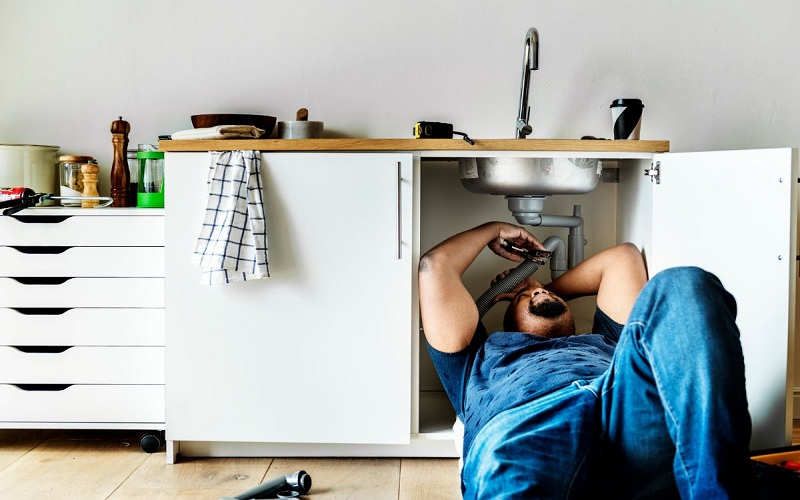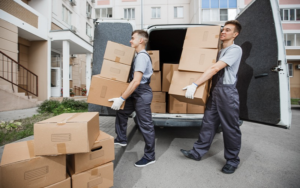
Preventing Plumbing Emergencies: Tips for Homeowners
Plumbing emergencies add togreat stress as they are costly and interrupt activities. Most of them can be prevented through maintenance and being proactive. Emergency plumbing means looking into anything serious in your your home or office’s plumbing system that must be attended to before they cause further damage.
During an emergency, common plumbing issues include busted pipes, severe leaks, water in the toilet basin with the sewer, and waste-line service obstructions. Together with an experienced plumber, they will act faster and more efficiently to ensure that the other occupants enjoy water flow as they had wished without the inconveniences of water damage.
Below are a few tips from homeowners to reduce the chance of a plumbing disaster and to maintain the flow of plumbing systems:
Periodic Inspections
Inspections are a form of preventative measure as opposed to plumbing emergencies. Signs of visible leaks, corrosion, or damage to the pipes, faucets, and fixtures are always looked out for. Water pressure changes, any noises in your pipe system, and slow-moving drains; these kinds of problems always point to hidden problems that might need some attention.
Make Drains Flow
Clogged drains are another cause of emergency plumbing. Grease, oil, and coffee grounds should be disposed of properly and in the right place so that blockage does not happen. Installing filters in the drain ensures that the pipe does not allow solids like hair and food particles to go through. These should be flushed with hot water, soda, or even vinegar regularly.
Pipe Freezing Protection
Burst pipes can bring disastrous results, with much water damage and expensive repairs. Insulate exposed pipes in areas that will not have heat, such as basements, crawl spaces, and attics. Seal holes or cracks in the outside walls to keep cold breezes from reaching the pipes. Under freezing conditions, keep cabinet doors open to let warm air reach pipes located under sinks and next to outside walls.
Monitor Water Consumption
Excessively high water pressure can stress pipes, making leaks and bursts more likely. An attached pressure regulator will ensure your home’s water pressure is safe and consistent. It also advises being sensible in water useand not overloading your plumbing. Do repairs early for leaks and update water-efficient fixtures and appliances to prevent water wastage.
Know Your Shut-Off Valves
The first thing one should do in a plumbing emergency is to know how to stop the water supply so that it does not need much cleaning up later and to prevent flooding. You can follow the water main shutoff valve for your home and valves that can be turned off individually, such as sinks, toilets, and other appliances. All family members should know the valves’ locations and how to turn them off in an emergency.
Professional and regular maintenance of the entire plumbing system eliminates the occurrence of an emergency, thus saving you the stress and many extra costs that come with repairing leakages.Some of the main steps that a homeowner could take to ensure that their plumbing is protected for that peace of mind include checking, cleaning, and repairing leaking points of the pipes; insulating the pipes so that they are not exposed to extremely low temperatures that cause freezing; and ensuring a water source can be turned off when needed. Remember, at the first sign of a plumbing problem, don’t hesitate to call a professional to fix it quickly and correctly.


